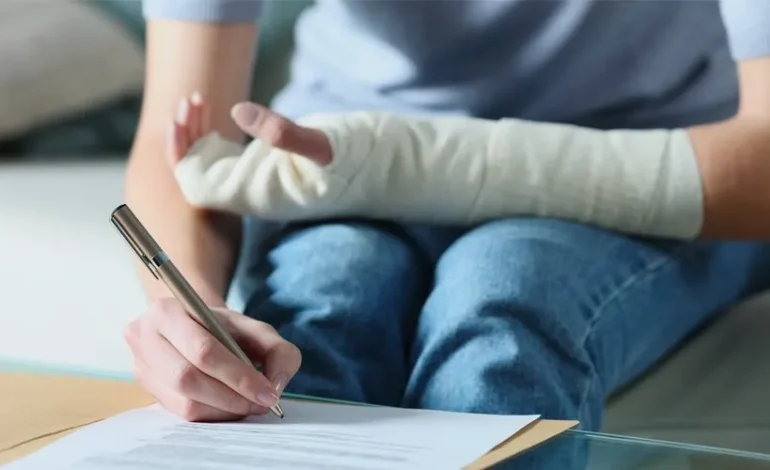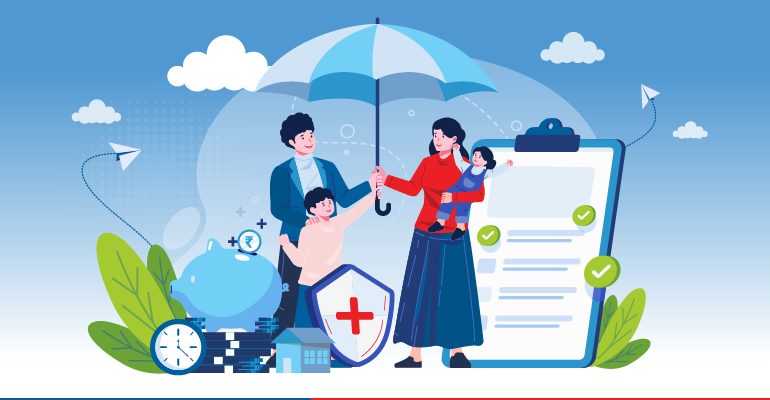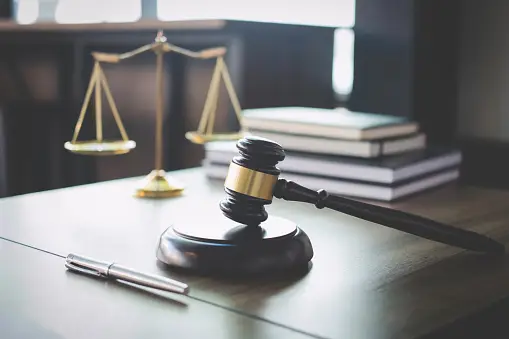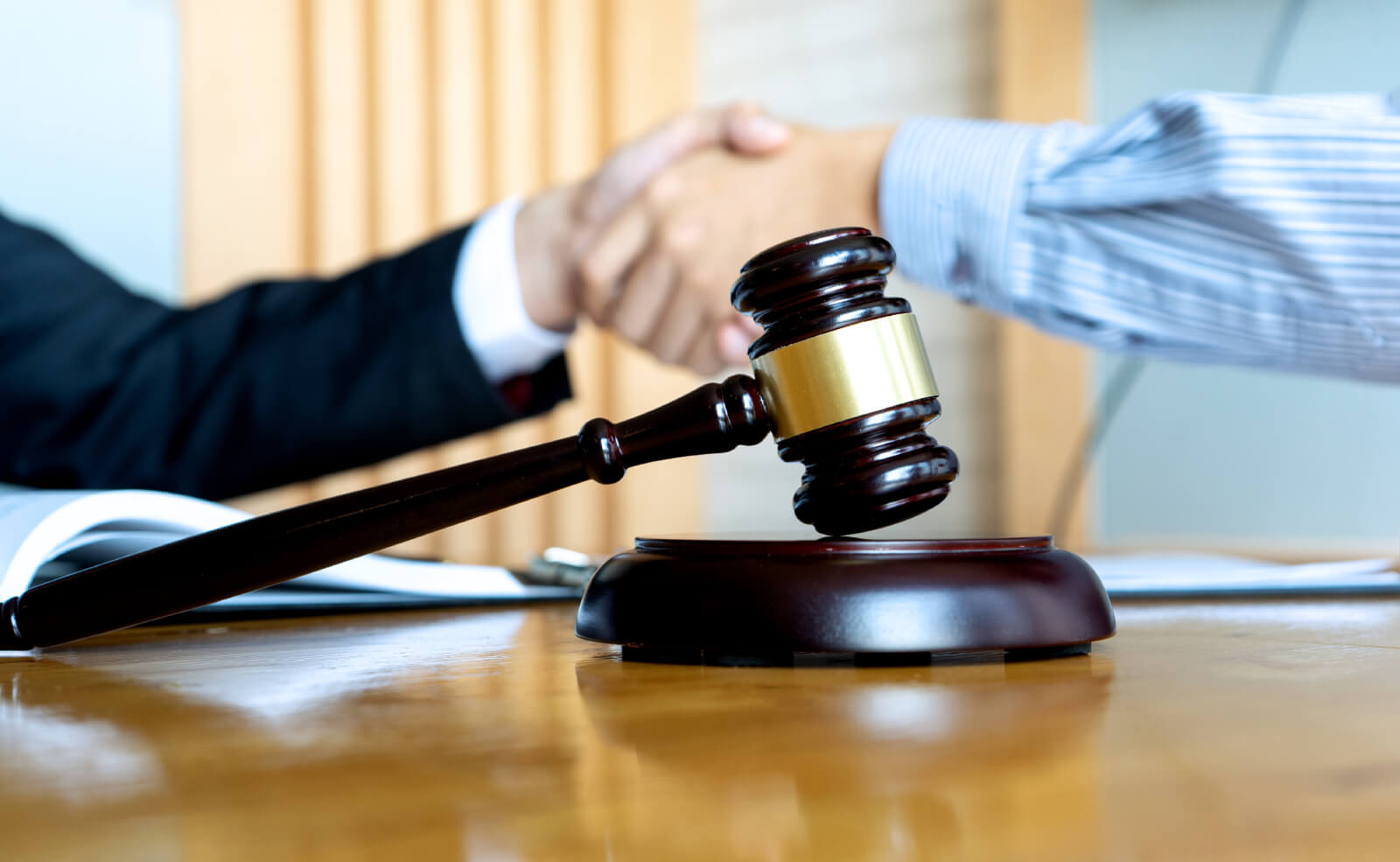
What to Do After a Personal Injury: 7 Crucial Steps to Protect Yourself
Suffering a personal injury can be overwhelming. One minute, everything is fine, and the next, you’re dealing with pain, medical bills, and uncertainty. Whether it’s a car accident, workplace injury, or slip-and-fall, knowing what to do immediately after can make a huge difference in both your recovery and any legal claim you may have. The right steps now can help protect your health, finances, and future.
1. Get Medical Help – Even If You Feel Fine
It’s easy to underestimate an injury in the moment. Adrenaline can mask pain, and some issues—like concussions or internal injuries—don’t show symptoms right away. That’s why seeing a doctor as soon as possible is essential.
A medical evaluation does two things:
● Ensures you get the treatment you need before symptoms worsen.
● Creates a medical record that proves your injury is real and connected to the incident.
If your injury is serious, head to the emergency room immediately. Otherwise, schedule a doctor’s appointment as soon as possible. Skipping this step can not only hurt your health but also weaken any insurance claim or lawsuit down the line.
2. Bring in the Experts – Hire a Personal Injury Attorney
If there’s one thing you shouldn’t do alone, it’s dealing with insurance companies and legal claims. A Gainesville, GA Personal Injury Attorney handles everything—negotiations, paperwork, and ensuring you don’t settle for less than you deserve.
You don’t have to worry about upfront costs either. Most personal injury lawyers work on a contingency fee basis, meaning they only get paid if you win. That means no risk to you but a much better chance of getting the compensation you need for medical expenses, lost wages, and pain and suffering.
3. Collect Evidence Before It Disappears
Memories fade. Physical evidence gets cleaned up. Witnesses move on. That’s why gathering proof right away is crucial.
If you can, take these steps:
● Photographs – Snap pictures of the scene, your injuries, and any damaged property.
● Witness contacts – Get names and phone numbers of anyone who saw what happened.
● Official reports – If police or workplace reports were filed, request copies.
Your lawyer will also help with this, but the more evidence you collect early on, the stronger your case will be.
4. Don’t Talk to Insurance Adjusters Without Guidance
One phone call from an insurance company might seem harmless, but be careful—what you say can be used against you. Their goal is to minimize payouts, and even an innocent statement like “I’m feeling better” could hurt your claim.
Some key things to remember:
● Never admit fault, even partially.
● Keep your statements short and factual.
● If they push you to settle quickly, don’t agree until you know the full extent of your injuries.
Your attorney should handle most communication with insurance companies. They know how to negotiate and won’t let them lowball you.
5. Report the Incident to the Right People
Depending on how you got injured, there’s usually an official process for reporting it. If you skip this step, you could face problems later if you try to file a claim.
Here’s what you need to do based on where the injury happened:
● Car accident? Call the police and get an accident report.
● Work injury? Report it to your employer immediately so it’s on record.
● Slip and fall? Notify the property owner or manager and ask for a written incident report.
These reports serve as solid proof that the accident happened and help prevent anyone from disputing the details later.
6. Track Every Expense Related to Your Injury
Medical bills aren’t the only costs that pile up after an injury. Lost income, property damage, and even travel costs for medical visits all add up. Keeping detailed records of every expense ensures you can claim fair compensation.
What should you track?
● Medical costs – Hospital stays, physical therapy, medication, and any future treatments you might need.
● Lost wages – Any work missed due to recovery. If your injury affects your ability to work long-term, this is even more important.
● Property damage – If your car, phone, or other personal items were damaged, keep receipts for repairs or replacements.
It’s also a good idea to keep a journal of your symptoms and how your injury affects your daily life. Pain, mobility issues, or emotional distress can all be factored into your compensation.
7. Stick to Your Treatment Plan
Getting better isn’t just about taking the right medicine or going to physical therapy. It’s about showing that you’re taking your recovery seriously. If you stop treatment early or miss doctor appointments, insurance companies may argue that your injury isn’t as bad as you claim.
Follow through on everything:
● Attend every follow-up appointment.
● Stick to your doctor’s advice, whether it’s medication, therapy, or rest.
● Keep documentation of all treatments, prescriptions, and any ongoing symptoms.
This isn’t just about proving your case—it’s about making sure you heal properly and don’t face long-term health problems.
Taking Control of Your Recovery
A personal injury can throw your life off track, but you don’t have to navigate the aftermath alone. By acting quickly—securing medical care, gathering evidence, hiring a lawyer, and staying on top of your recovery—you can protect your health, your finances, and your future. Every step matters, and the right choices now will make all the difference in the long run.





